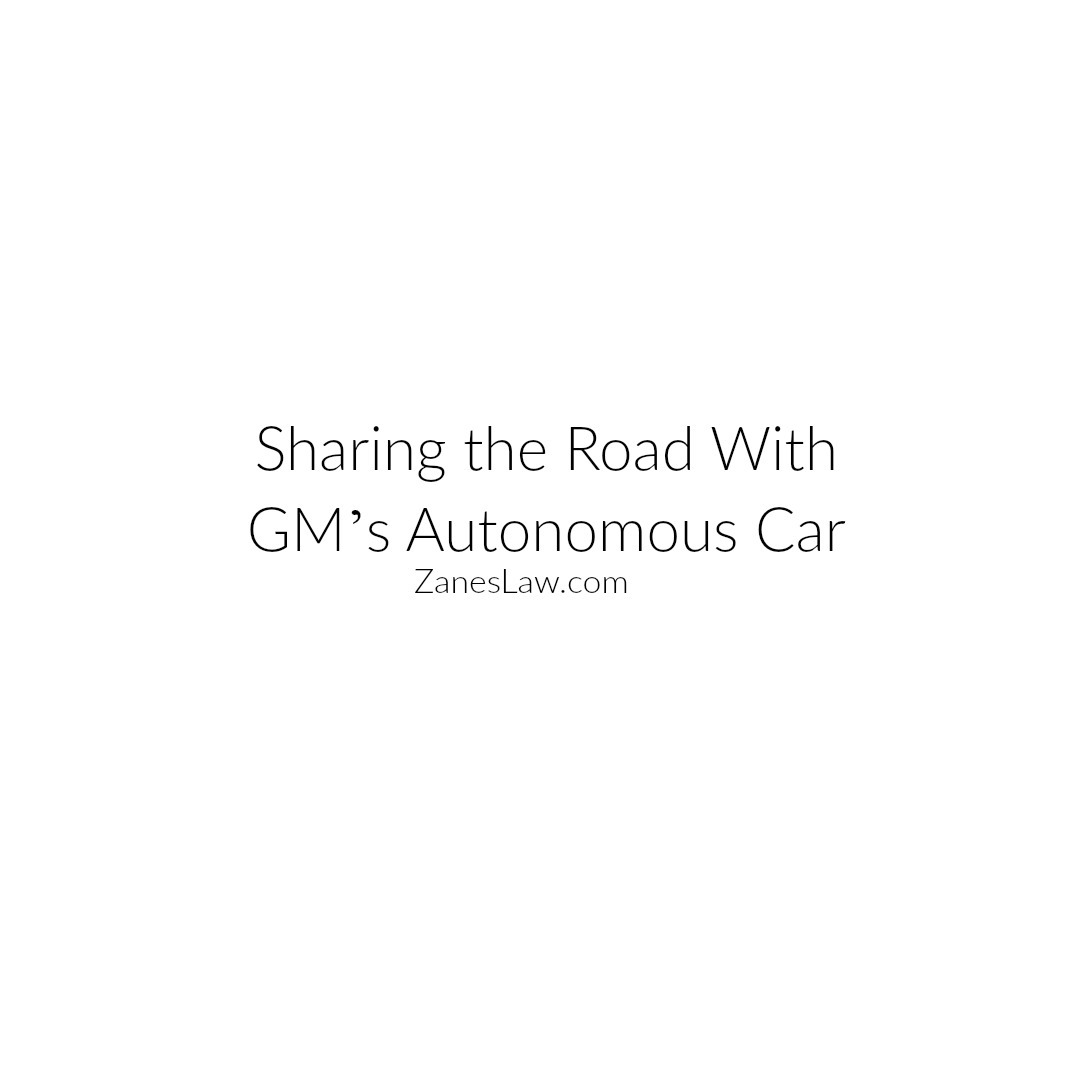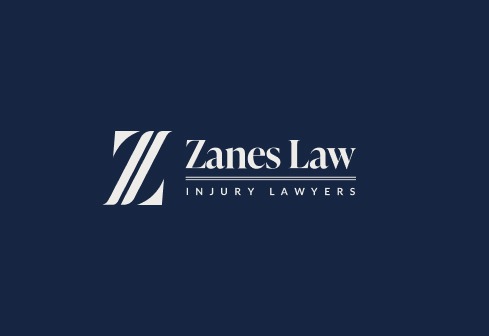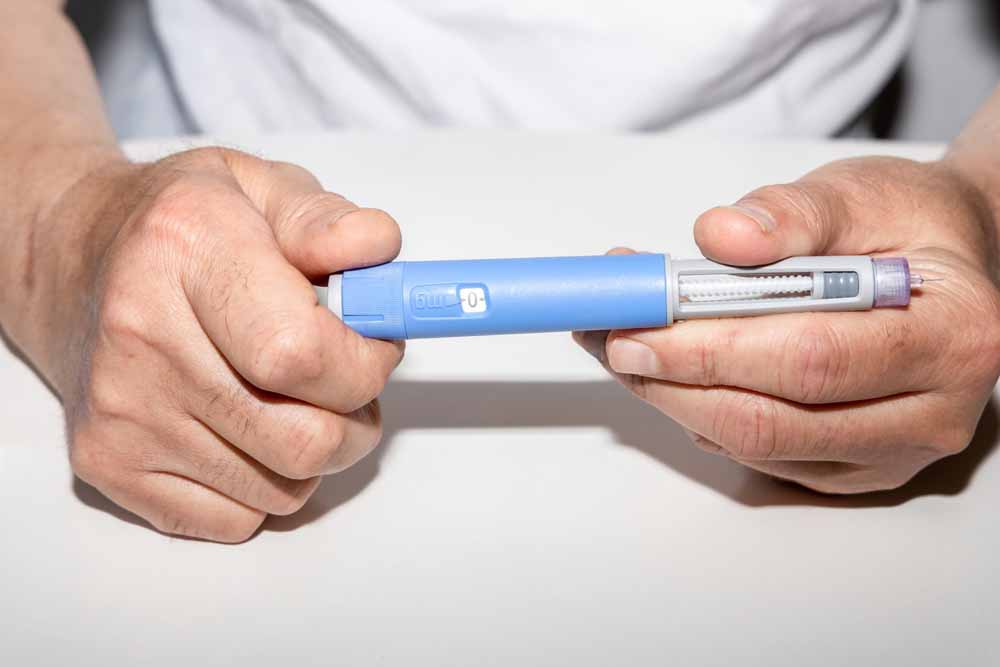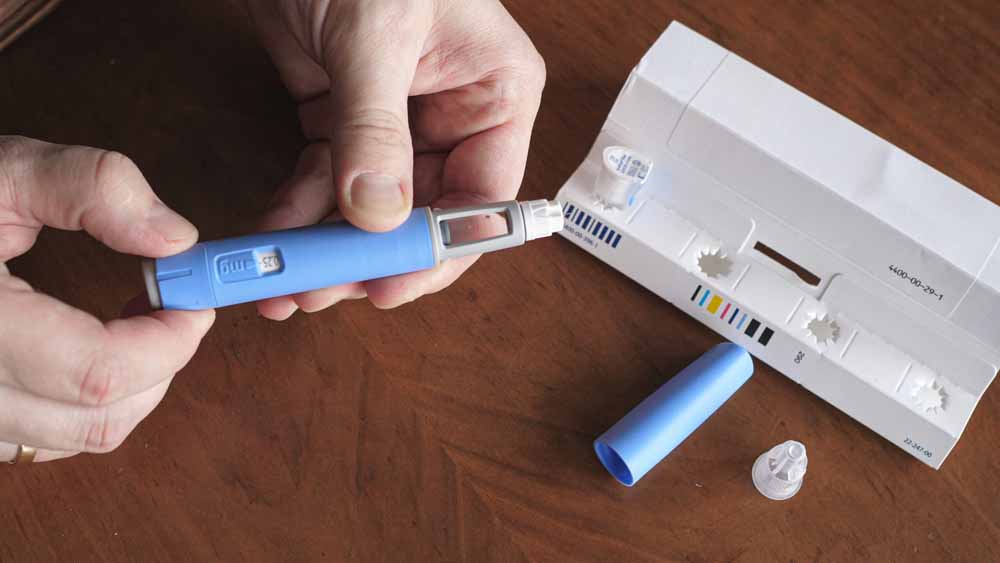Phoenix personal injury lawyer’s thoughts on sharing the road with autonomous self-driving cars
While the flying cars depicted in The Jetsons may be a project for the next generation, the advent of GM’s autonomous self-driving cars, slated for release in 2019, has made autonomous automobiles a reality. GM’s surprising announcement comes ahead of Ford’s promise to build an autonomous car by 2021, and as Google prepares to pilot its driverless minivans in a Phoenix, Arizona, ride-hailing program.
The convenience of an autonomous vehicle can’t be beat, but many Americans are still wary of sharing the road with vehicles that lack basic controls like steering wheels and gas pedals. A recent Advocates for Highway and Auto Safety poll showed a whopping 64 percent of Americans are “very” or “somewhat” concerned about driving alongside self-driving vehicles. Another 75 percent of respondents are uncomfortable with auto manufacturers’ ability to remotely disable vehicle controls like the steering wheel, brake and gas pedals.
Compounding these concerns is GM’s recent petition to the National Highway Traffic Safety Administration (NHTSA). GM is seeking permission to deploy its autonomous car without first complying with all federal safety standards. Some of GM’s requested accommodations are logistical; after all, it’s impossible to have a steering wheel airbag in a vehicle without a steering wheel. But many aren’t convinced that relaxing these safety requirements is a good idea when it comes to such new technology.
On the other hand, a shift to driverless vehicles could ultimately mean safer roadways. 2016 was the deadliest year for American drivers in nearly a decade, with the National Safety Council reporting 40,000 deaths and more than 4.6 million auto-accident-related injuries. A car without a human driver also lacks the potential for human error, and an average driver will be involved in at least three or four accidents over his lifetime.
But the near certain reduction in overall crash rates, once self-driving vehicles become the norm, may be cold comfort to those who know that these autonomous cars are deliberately designed and programmed to minimize crash-related casualties. This raises some interesting liability questions when it comes to personal injury and Tucson wrongful death claims.
While the true effect of new car automation is yet unknown, we know the effect of car accidents, today. Accidents happen, and they can change people’s lives, in an instant. To learn more about what to do after a car accident in Phoenix, please click here. If you’ve been involved in an accident, contact us to see how we can help.




